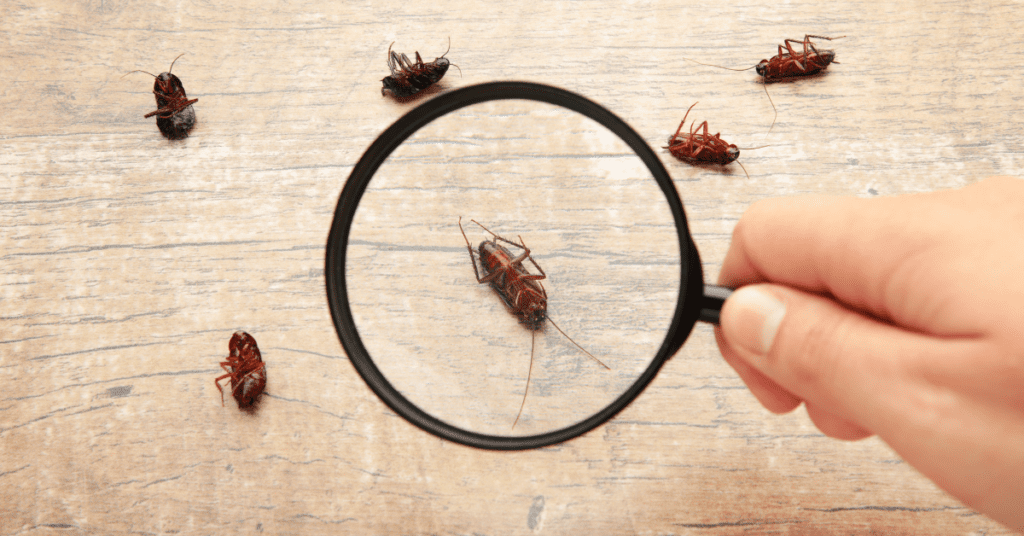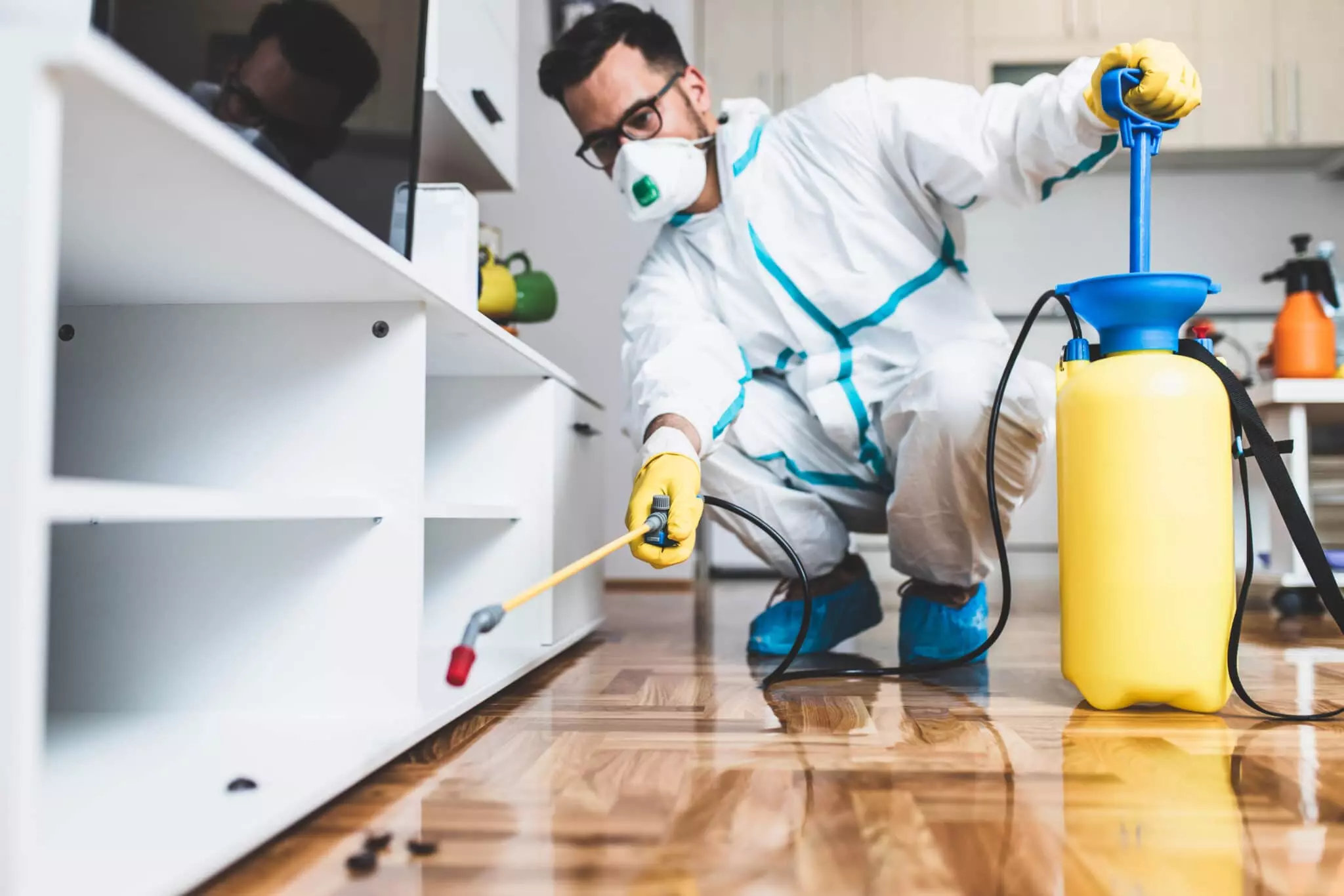Professional Wasp Control Coquitlam: Safe and Efficient Pest Removal
Professional Wasp Control Coquitlam: Safe and Efficient Pest Removal
Blog Article
Safe and Trusted Bug Control for Lasting Protection
Effective insect management needs a diverse technique that balances environmental integrity with the need for effective pest suppression. The nuances of these approaches might not be right away clear, triggering a closer examination of the methods that can lead to sustainable pest control outcomes.
Comprehending Parasite Control Approaches
Parasite control encompasses a variety of techniques focused on handling and getting rid of unwanted bugs and rodents that can threaten both health and wellness and property. Recognizing these methods is important for effective insect monitoring.
The main groups of pest control approaches consist of mechanical, organic, and chemical techniques. Mechanical approaches involve physical obstacles and catches to prevent parasite entrance and capture unwanted species. Utilizing screens on windows or using sticky catches can considerably decrease parasite populaces without presenting hazardous substances - exterminator coquitlam.

Chemical pest control is often one of the most recognized method, utilizing pesticides to eliminate insects. These chemicals can be efficient yet have to be utilized with care to prevent negative results on non-target types and the environment.
Benefits of Eco-Friendly Solutions
Just how can environmentally friendly remedies change parasite control practices? The fostering of eco-friendly pest control techniques supplies countless advantages, dramatically enhancing the performance and security of parasite administration.

An additional benefit is the positive influence on neighborhood biodiversity. Eco-friendly options are designed to target details insects while protecting useful bugs and wild animals, advertising a balanced ecosystem. This method straightens with the expanding customer need for lasting methods, improving the reputation of pest control companies.
Integrated Parasite Monitoring Methods
The implementation of environment-friendly services normally leads to the adoption of Integrated Parasite Administration (IPM) approaches, which further boost parasite control efficiency. IPM is a holistic strategy that incorporates several tactics to manage insect populaces while lessening ecological effect. This method emphasizes using organic, cultural, mechanical, and chemical controls, making sure a well balanced and sustainable technique of pest administration.
One fundamental element of IPM is the complete analysis of pest activity and ecological problems. By keeping track of parasite populations and identifying their life cycles, experts can carry out targeted interventions that interfere with the pest's habitat or lifecycle, lowering reliance on chemical pesticides. Furthermore, cultural practices such as crop turning and habitat manipulation can dramatically diminish parasite establishment and recreation.
Another critical part is making use of organic control agents, such as beneficial insects or bacteria, which can naturally reduce parasite populaces. When chemical applications are needed, IPM focuses on making use of low-risk pesticides and uses them uniquely, minimizing direct exposure to non-target organisms and humans.
Incorporating IPM approaches not only boosts pest control efficiency but additionally advertises a safer ecological community, straightening with the expanding demand for sustainable practices in parasite management.
Safe Practices for House Owners
Comprehending the relevance of risk-free practices in pest control can equip home owners to efficiently take care of insect problems while protecting their wellness and the atmosphere. Carrying out preventative measures and safe methods is critical in minimizing exposure to damaging chemicals.
House owners need to initially examine their setting for problems that draw in parasites, such as standing mess, water, and food waste. Regularly cleansing and sealing entrance green rodent control points can prevent insects from invading the home. Utilizing natural deterrents, such as necessary oils or diatomaceous earth, can provide effective choices to chemical pesticides.
When chemical treatments are required, home owners ought to go with items that are particularly identified as risk-free for residential use. It is important to follow application standards diligently to stay clear of overexposure. Additionally, utilizing targeted treatments in locations where bugs are determined, as opposed to covering spraying, can considerably reduce chemical usage.
Lastly, maintaining open interaction with bug control professionals is essential. Home owners must ask regarding the safety of items used and request eco-friendly alternatives whenever possible. By embracing these risk-free practices, home owners can produce a healthier living atmosphere while effectively handling insect problems.

Tips for Long-Term Security
Developing an insect monitoring strategy that stresses long-lasting security can greatly boost the performance of the safe practices previously reviewed. To attain this, homeowners ought to carry out routine examinations of their residential or commercial property, concentrating on concealed areas such as attics, cellars, and crawl spaces. Early discovery of parasite task is critical in preventing problems from taking hold.
Additionally, preserving a clean helpful resources environment is essential. This consists of proper food storage, without delay cleansing spills, and consistently getting rid of trash. These practices decrease attractants that draw insects into the home. Sealing entrance points, such as cracks around doors and home windows, can properly obstruct prospective insect accessibility.
Landscape design must likewise be thought about; maintaining plants cut and keeping a distance between plant life and the home minimizes concealing areas for parasites. Utilizing all-natural deterrents, such as necessary oils or diatomaceous earth, can better discourage problems without turning to harsh chemicals.
Lastly, working together with a professional parasite control service for regular evaluations can supply an extra layer of safety. These specialists can provide customized referrals and progressed treatments, making certain that your home stays shielded versus insects in the lengthy term.
Conclusion
To conclude, reputable and risk-free parasite control requires a complex strategy that visit site highlights eco-friendly techniques and incorporated insect monitoring. By executing all-natural deterrents, performing regular evaluations, and maintaining proper sanitation, homeowner can considerably lower parasite populations while safeguarding valuable pests and the environment. Collaboration with expert pest control solutions boosts the effectiveness of these techniques, ensuring tailored services that supply long-term security and tranquility of mind versus future problems.
Efficient bug monitoring calls for a diverse technique that stabilizes environmental stability with the demand for reliable pest reductions. The fostering of environmentally friendly insect control techniques provides numerous benefits, significantly enhancing the performance and security of insect management.The implementation of eco-friendly remedies normally leads to the fostering of Integrated Insect Monitoring (IPM) approaches, which additionally improve bug control efficiency. exterminator coquitlam. By monitoring parasite populaces and identifying their life cycles, professionals can execute targeted interventions that interfere with the parasite's environment or lifecycle, lowering dependence on chemical pesticides.In conclusion, risk-free and dependable pest control requires a complex technique that stresses green approaches and integrated pest administration
Report this page